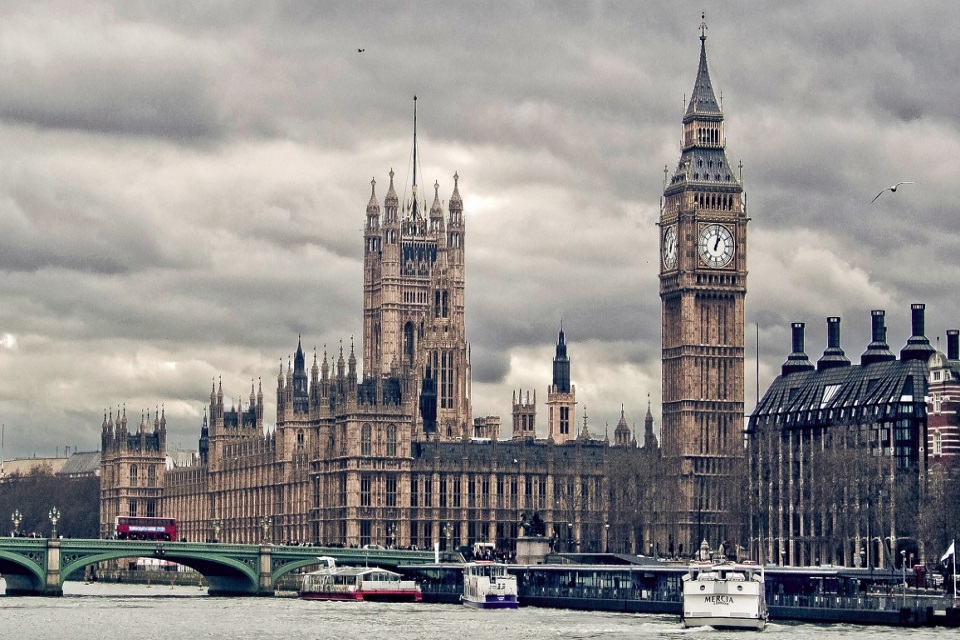
Media coverage of the Greensill lobbying affair has seen a number of different regulators and committees referred to as Line of Duty’s Ted Hastings and AC12. Lord Pickles and ACOBA is now Whitehall’s AC12, and William Wragg MP’s Parliamentary Public Administration and Constitutional Affairs Committee is called AC12 in this weekend’s papers.
The Committee on Standards in Public Life, that I chair, has no investigative powers, but is sometimes incorrectly assumed to have them. For the public, it’s a confusing tapestry of standards bodies, with a range of different remits.
This was something that struck me when I first took over as Chair of the Committee in 2018. Even as someone who spent the majority of my career in public service, it’s not always easy to see how and why the standards landscape looks like it does. To help with this, the Committee commissioned and published a piece of research in 2019 to map the standards bodies and their various roles.
The story of standards regulation in the UK is one of slow evolution and rapid response to scandals in particular areas, some as a result of recommendations by my predecessors on the Committee. For example, the establishment of the independent Parliamentary Commissioner for Standards and the Commissioner for Public Appointments were both recommended in Lord Nolan’s report following the ‘cash for questions’ scandal. The powers of standards bodies differ greatly too. Some regulators, like the Electoral Commission and the Civil Service Commission have statutory powers while others like the independent Advisory Committee on Business Appointments and the House of Lords Appointments Commission are advisory only.
While we have come a long way since the Committee on Standards in Public Life was first established in 1994, recent events show there is no room for complacency. A number of reports and recommendations by the Committee - intended to be an ‘ethical workshop for running repairs’ – have not been acted upon. Changes to standards regimes can often get left in the ‘too difficult’ or ‘not the right time’ pile.
Lack of proactive attention to standards leaves government and politics where it is now – playing catch up, rapidly establishing new reviews and locating information – with the corresponding unease by the public about the state of standards in public life.
And all too often standards issues become party political fodder - with allegations thrown back and forth – and mud sticking to both sides.
Having effective and independent regulators in place to investigate and resolve standards issues is critical for public trust. As is an appropriate range of sanctions for breaches of expected standards of conduct.
As part of our landscape review Standards Matter 2 we have been hearing from past and present office-holders, regulators, academics and others on where there are gaps and concerns – and also what is currently working well.
We will be looking closely at what the new investigations and reviews tell us about latest events as we consider potential recommendations to uphold high standards in public life.
The Committee is due to report in the autumn.
Find out more about the Standards Matter 2 review
Watch a short video about the work of the Committee
Follow the Committee on Twitter @PublicStandards
